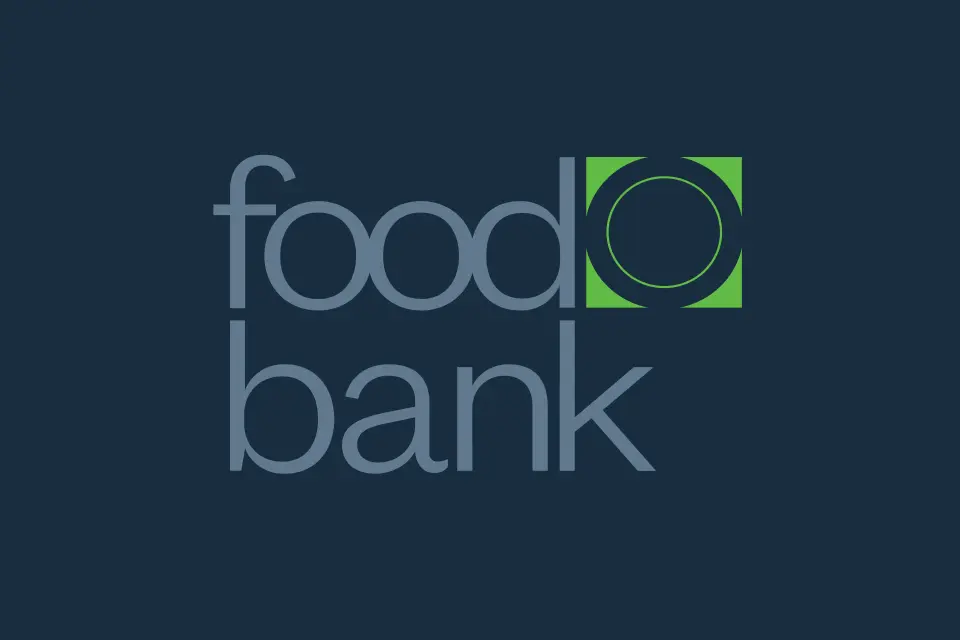Our Statement on USDA Elimination of Vital Hunger Data
More than 300 North Carolina farmers, faith leaders, and hunger relief organizations are shining a spotlight on the unintended consequences of the state budget impasse – urging lawmakers to act on delayed funding that connects farms to food banks.
In a letter to the General Assembly, impacted growers and producers joined community and faith-based charities to highlight the vital nature of the longstanding, bipartisan partnership that provides food for families facing hunger while boosting revenue to local farms. The letter was hand-delivered to legislators by representatives of Feeding the Carolinas, our state association of food banks.
– Jason Kanawati Stephany Food Bank Vice PresidentPoliticians in Washington voted to slash the federal safety nets that help millions of people in North Carolina afford food and medicine. They know their decisions will worsen our hunger crisis, and now they're attempting to hide the evidence by eliminating impact data that has been available to the public for decades.
Administrative changes at the USDA can't erase the reality our communities face every day: the price of groceries remains out of reach for far too many families — and more people are seeking food assistance today than any point in the past 20 years.
Our hunger relief network relies on this data to target resources where they're needed most, especially in rural communities where services are more difficult to access. The General Assembly and state agencies need reliable data to make smart investments in the most effective programs. This information takes even greater importance when tight budgets require tough decisions — and there are no shortage of difficult fiscal discussions underway right now.
We need our Members of Congress to understand the impact this irresponsible decision will have on kids, seniors, and people with disabilities across North Carolina. It's incredibly important that we all make our voices heard and urge elected leaders to restore vital hunger data.
Hunger in North Carolina has reached its highest point in a generation, while food banks and schools across the state have lost $30 million in federal funding to purchase food from local farms. The lost revenue in rural communities, in particular, is taking on even greater importance as the federal shutdown pushes even more families to seek food assistance.
Though small in the scope of a biennial budget, the $9.1 million state investment in North Carolina-grown fruits, vegetables, dairy, and meat is critical to meeting these challenges head on. Community leaders are raising the alarm that if lawmakers do not act soon, the state’s hunger relief system may reach a breaking point.
– Jason Kanawati Stephany Food Bank Vice PresidentPoliticians in Washington voted to slash the federal safety nets that help millions of people in North Carolina afford food and medicine. They know their decisions will worsen our hunger crisis, and now they're attempting to hide the evidence by eliminating impact data that has been available to the public for decades.
Administrative changes at the USDA can't erase the reality our communities face every day: the price of groceries remains out of reach for far too many families — and more people are seeking food assistance today than any point in the past 20 years.
Our hunger relief network relies on this data to target resources where they're needed most, especially in rural communities where services are more difficult to access. The General Assembly and state agencies need reliable data to make smart investments in the most effective programs. This information takes even greater importance when tight budgets require tough decisions — and there are no shortage of difficult fiscal discussions underway right now.
We need our Members of Congress to understand the impact this irresponsible decision will have on kids, seniors, and people with disabilities across North Carolina. It's incredibly important that we all make our voices heard and urge elected leaders to restore vital hunger data.
Entry 14152
Join local leaders in the call for action.
Noticias y actualizaciones
Ver todas las noticias
Market on Greenfield Celebrates One Year Serving Wilmington Families

Food Resources & Support for Families in Richmond County

Honoring Governor Jim Hunt’s Legacy

Black History and the Fight to End Hunger
Manténgase conectado con el Banco de Alimentos
Regístrese para recibir correos electrónicos con actualizaciones, recursos y formas de participar.